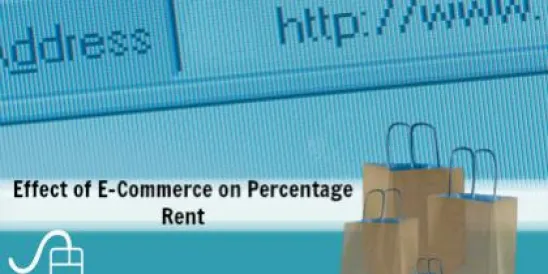Less than 25 years ago, e-commerce was something not far removed from the stuff of science fiction. Today, it annually accounts for trillions of dollars in global sales. But, you should know, e-commerce presents legal issues that should be addressed before jumping headlong into the internet marketplace.
If you aren’t already selling your products to end users online, your dealers and distributors probably are. And you probably will be before long. When entering the e-commerce realm, you may be focused on some of the obvious logistical issues. Yet the legal issues may present an even bigger impediment to doing it “your way,” especially if you have traditionally relied on distributors and/or dealers to market and sell your products to end users.
A Threshold Question: Who Has the Right to Sell?
The first issue: determine who may legally sell a product online. May the manufacturer sell directly, or must it continue to sell through its distributors or dealers?
Existing Contracts
The answer to that question may well turn on the language of contracts drafted without consideration of online sales or even long before the internet existed. For example, if a manufacturer has granted its dealers exclusive territories, more issues come into play. Did the manufacturer reserve the right to make sales in a territory generally or only in certain circumstances? Does state law limit the right of the manufacturer to change or terminate its dealer contracts? Those issues may be easily dealt with if the contract is terminable at will or on short notice. But if not, or if state law limits a manufacturer’s right to terminate, then the manufacturer will have to negotiate, or buy out, its distributors’ contractual rights.
Other Impediments
Other impediments could prevent a manufacturer from selling directly online, even if its contracts do not. In some industries, dealer-protection statutes may prevent a manufacturer from selling directly in any event – just ask Tesla. Or the distributor may bring common-law claims to protect its alleged investment. Tackling these issues early in the process not only increase chances of success but usually reduce costs.
Challenges in Using Dealers to Sell Online
Even if the manufacturer is not interested in selling directly via its own site, using dealers that sell online presents different hurdles. The manufacturer is likely to be dragged into disputes between dealers with exclusive territories because customers are unlikely to know, or care, whether the dealer with the best offer has the right to sell in their particular area. The situation may be even more complicated if the manufacturer wants to control the customers’ online experience. As is often the case, its distributors have already developed an online presence with specific branding. The applicable contracts and legal landscape may limit or augment the manufacturer’s ability to address these challenges.
Consider Applicable Taxes
A manufacturer that has traditionally relied on distributors may well have no idea about the tax consequences of directly selling to consumers in various states and countries. Because tax consequences impact on the economics of developing the new market, this question needs attention long before launching a website. Otherwise, a manufacturer could face thin margins, significant penalties, administrative or regulatory challenges, or all of the above.
Pitfalls in E-Commerce Operations
The internet also makes price competition a much bigger issue, with a high potential for a “race to the bottom” and internet only resellers who have little/no overhead leading the charge. This may cause a manufacturer to impose pricing policies which have significant antitrust implications. Other equally important issues to be considered include trademark ownership and usage, copyright enforcement, and grey market risks.
Last, but not least, are considerations well beyond just the exchange of a product for money. These include data privacy, terms and conditions of use of the e-commerce website, terms and conditions of sale for the product sold, return policies, and fraud liability (who will bear the loss when a credit card used to purchase product turns up stolen, etc.).
In short, while it may be easy for a small business to simply start selling on the internet because the risks, and administrative issues, are limited, manufacturers with existing distribution networks face numerous practical and legal issues before they can cultivate a vibrant and successful new market online. So monitor your contracts carefully, make strategic, marketing decisions thoughtfully, build flexibility into contracts to address new opportunities when you are able, and seek legal advice early to avoid unpleasant surprises.




 />i
/>i

